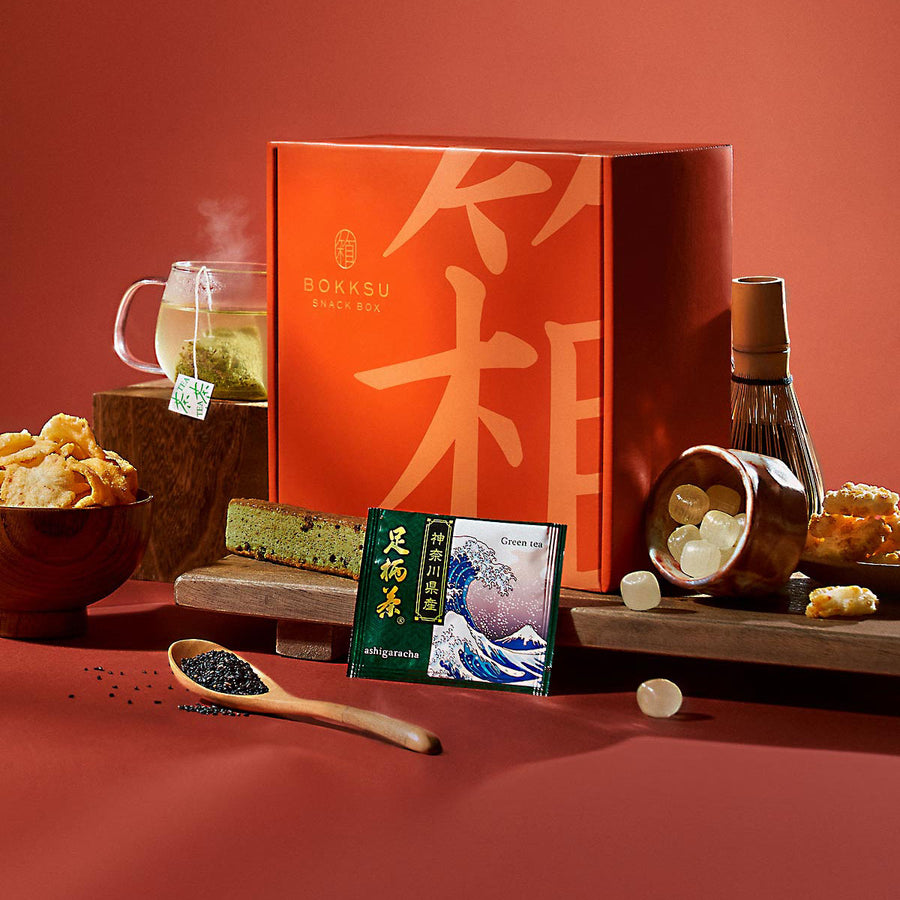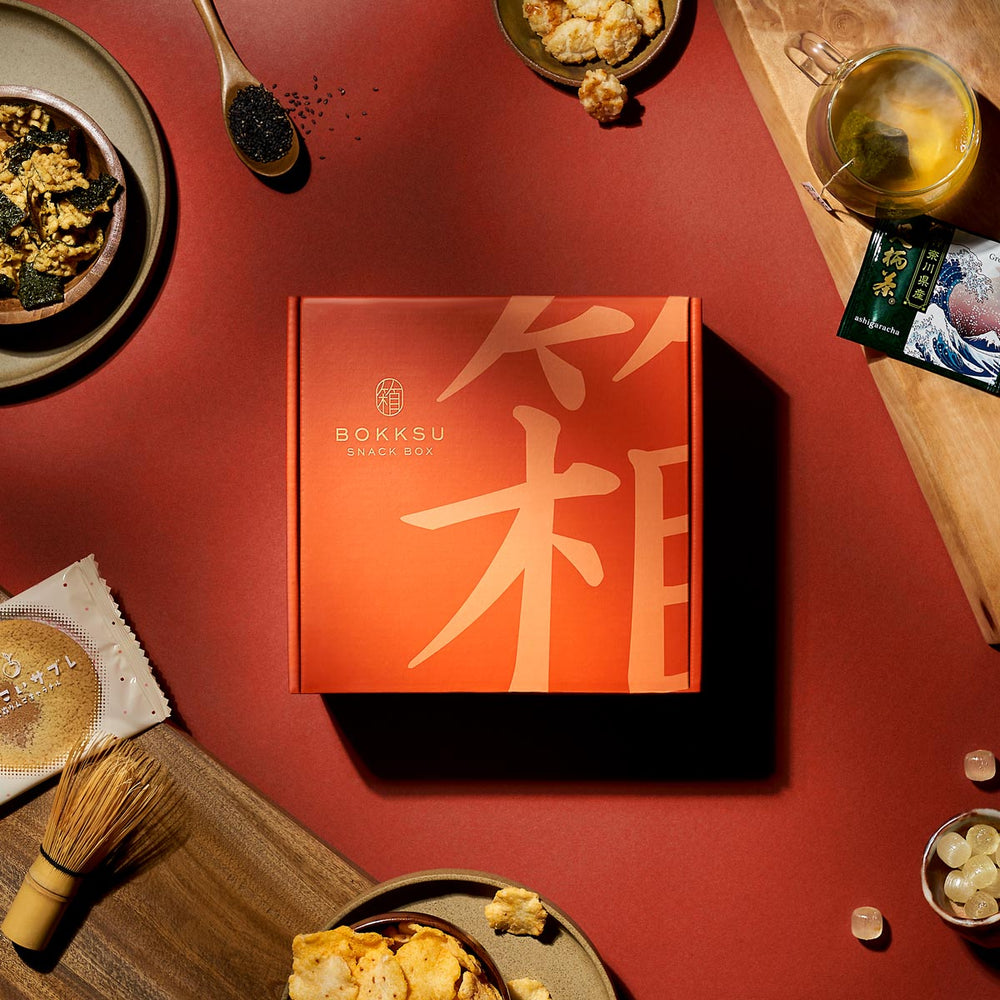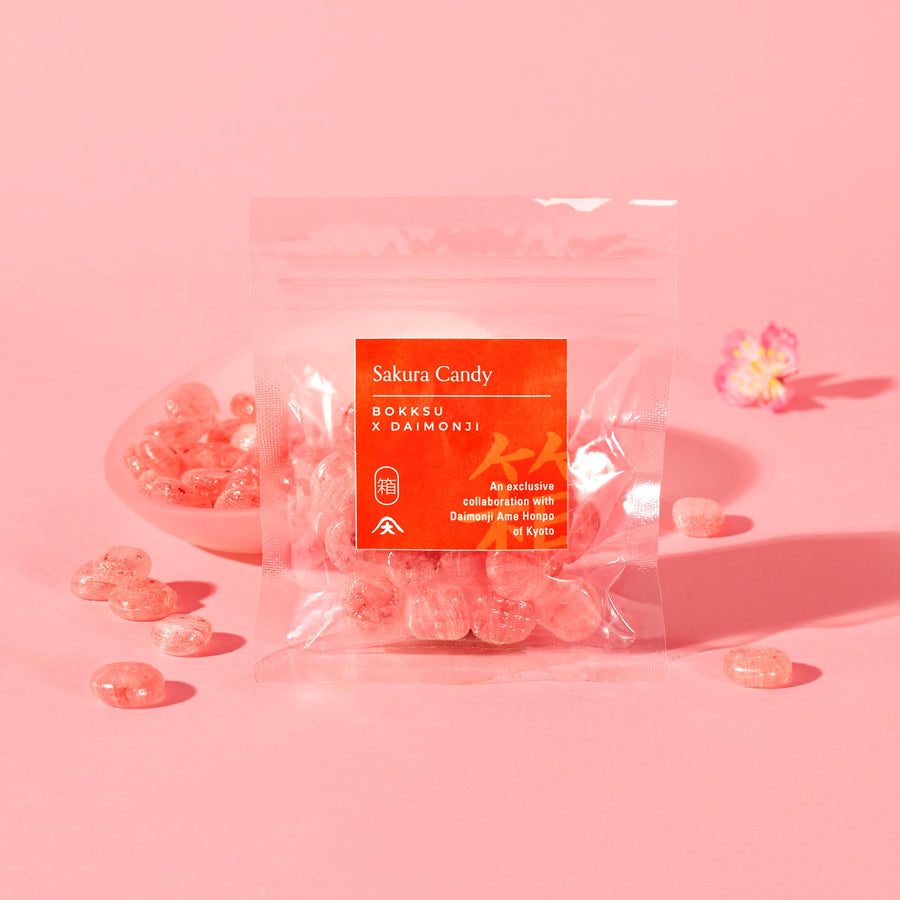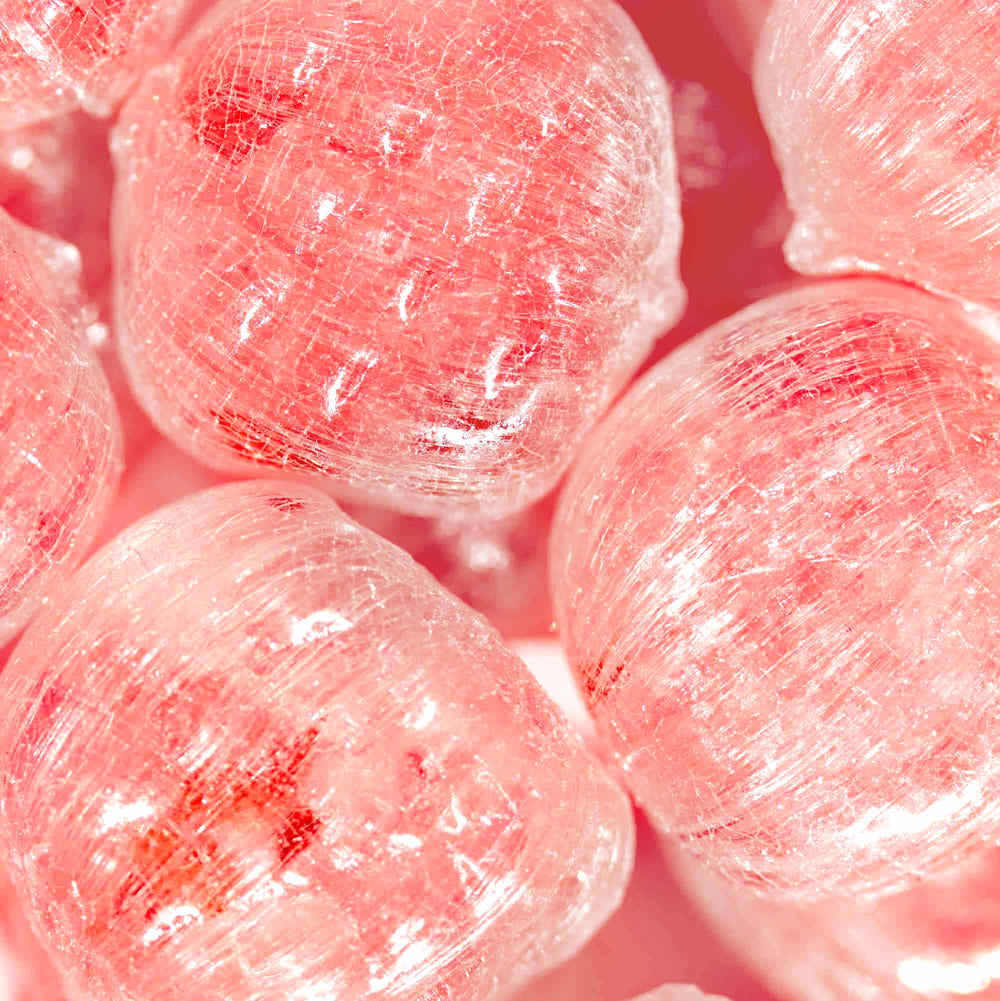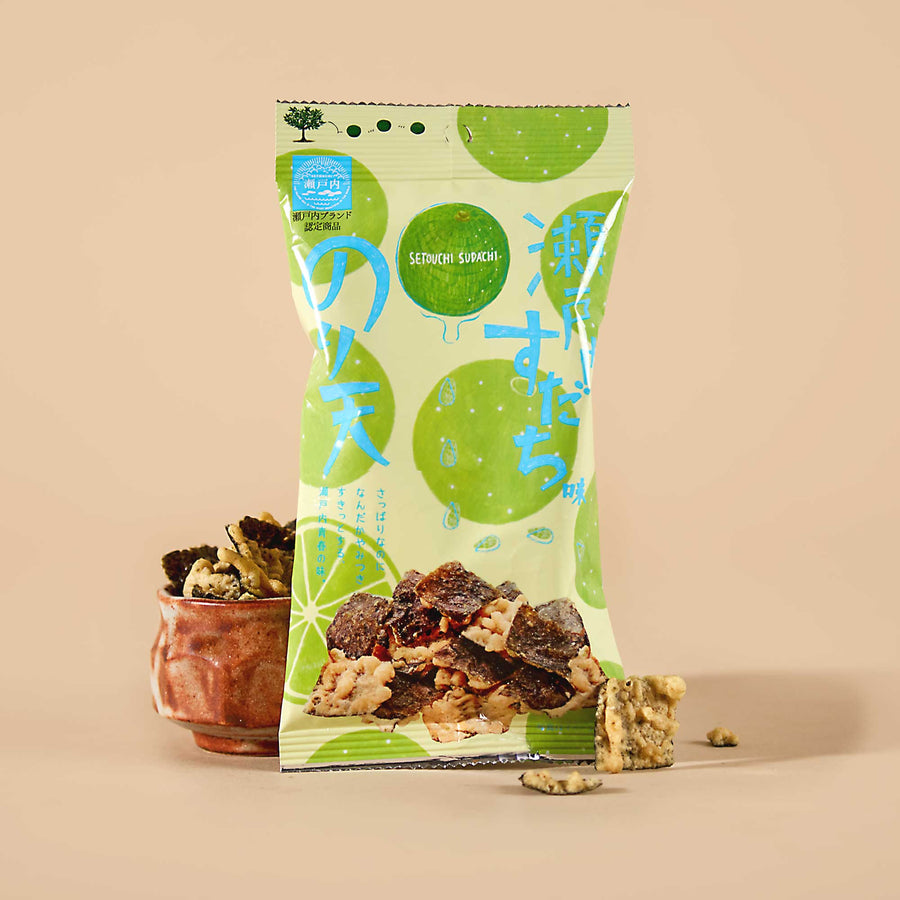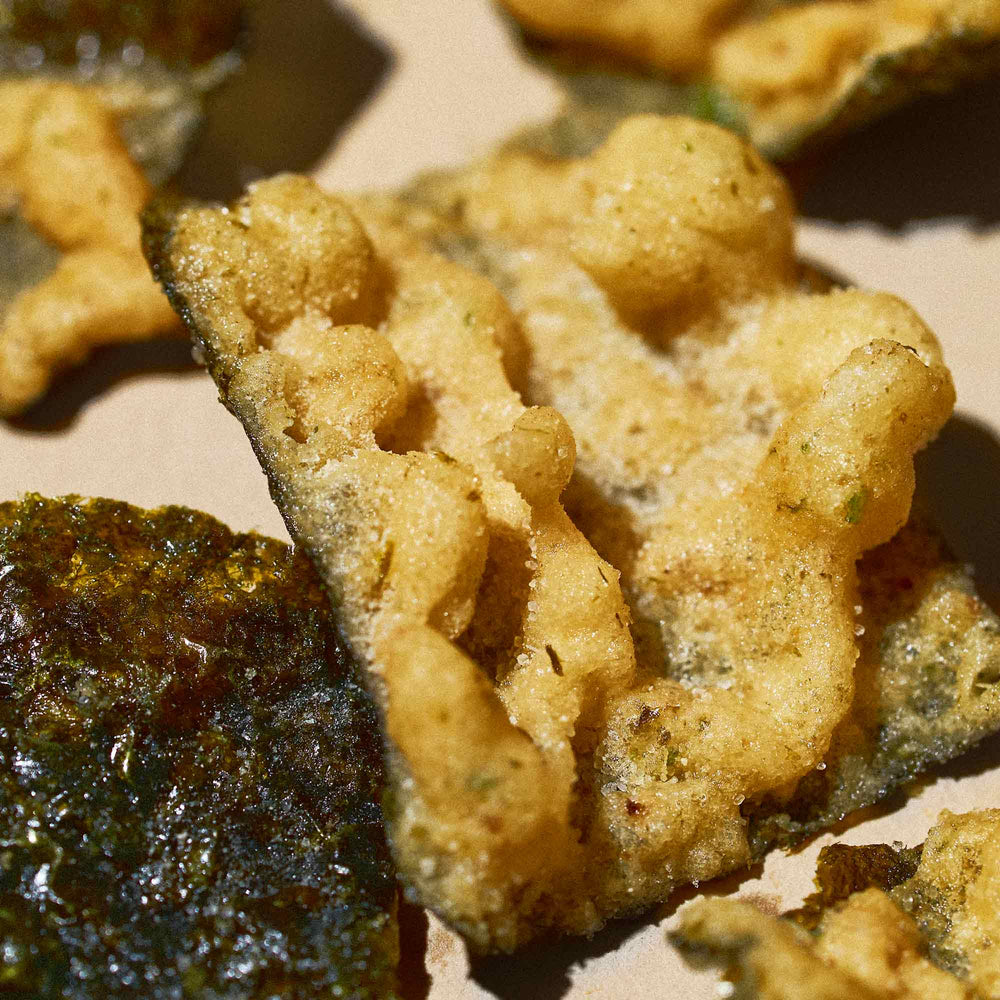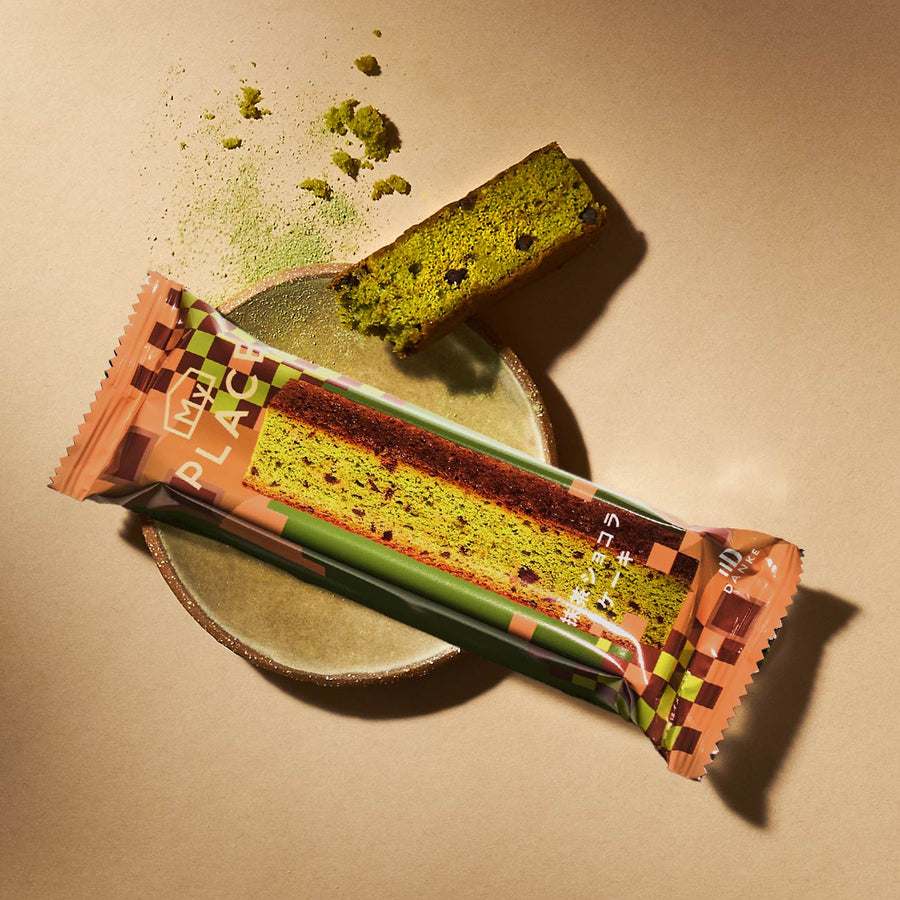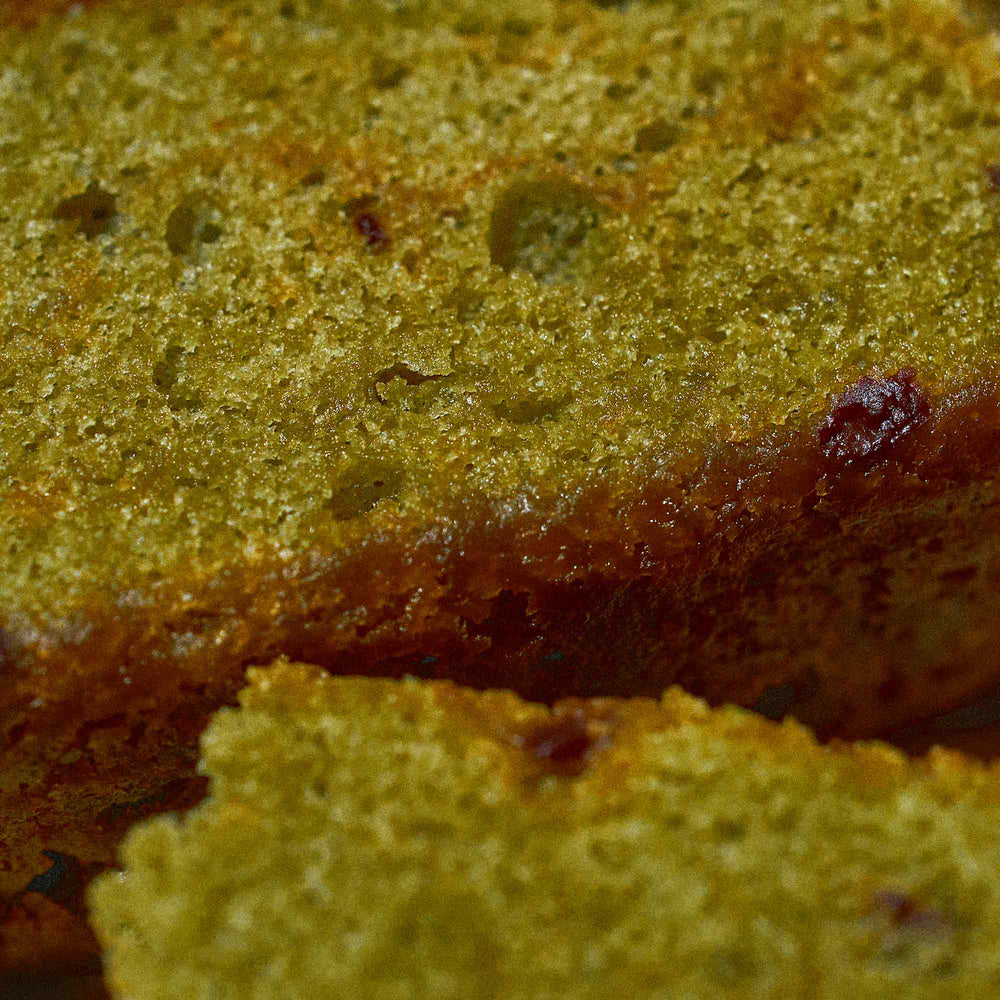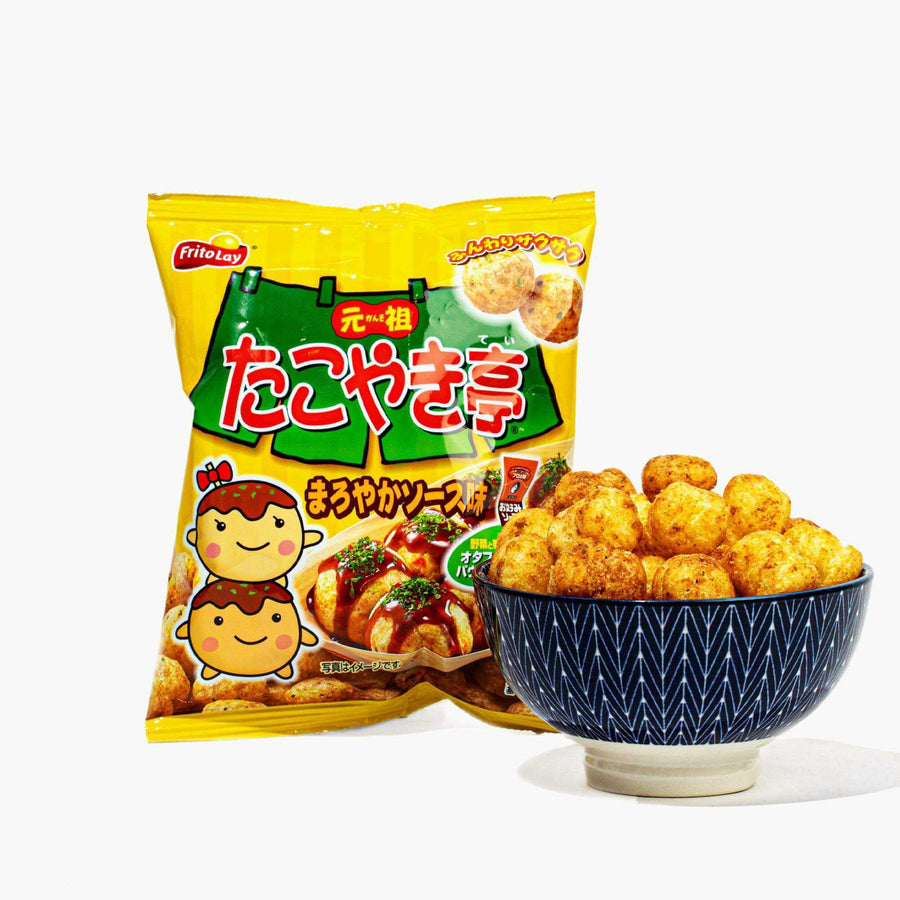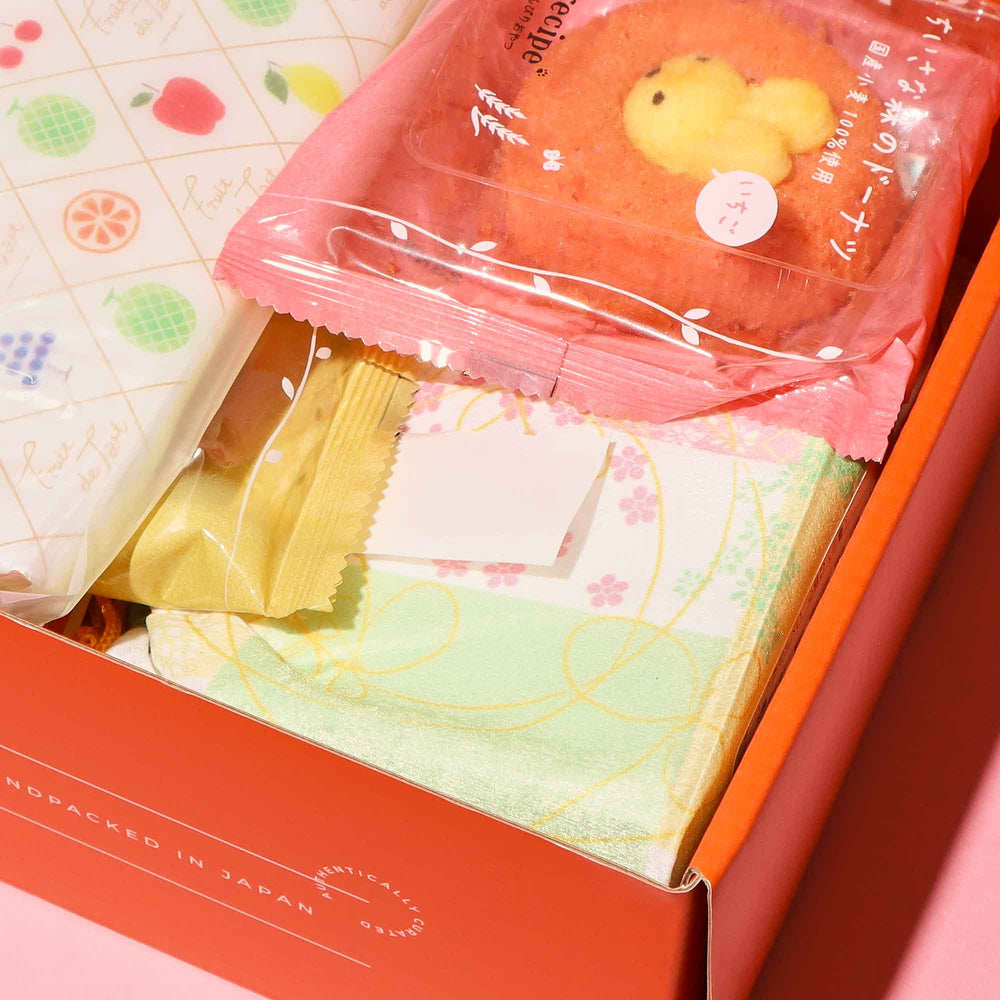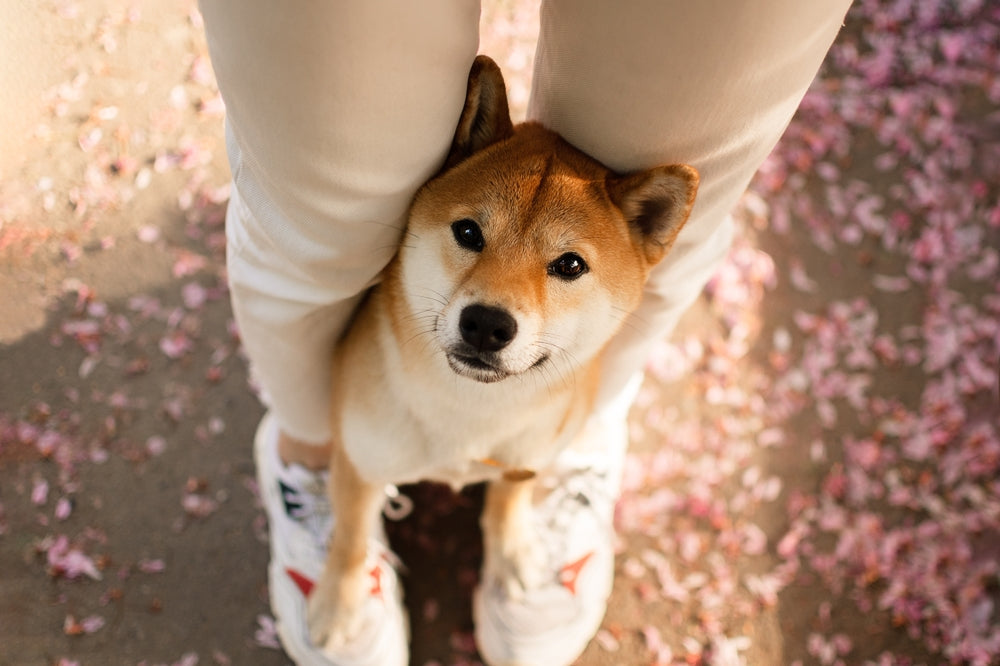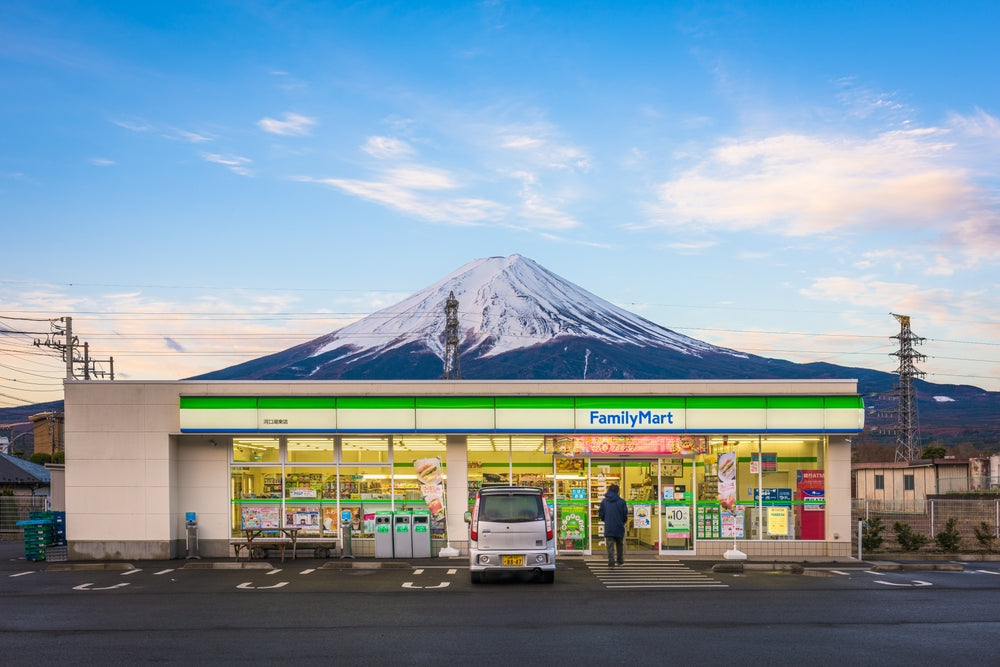Ink in the Land of the Rising Sun: Exploring Tattoo Culture in Japan
Introduction: The Complex World of Tattoos in Japan

In Japan, tattoos have historically been associated with significant stigma, primarily due to their ties to criminal organizations like the Yakuza. For centuries, these body designs represented rebellion and lawlessness, resulting in widespread social ostracism for those with tattoos. However, modern perspectives are gradually shifting, with younger generations increasingly viewing tattoos as a form of personal expression and art. Influenced by global trends and a more open-minded perspective, Japan is slowly reassessing its traditional views on body at, leading to a more nuanced understanding of tattoos today.
Tattoos in Japanese History

The history of tattoos in Japan is a complex mix of cultural significance and societal stigma, dating back to the Jomon period. Early evidence suggests that tattoos were more than body art; they held deep cultural meaning, as seen in clay figures adorned with designs on faces and bodies that indicated identity and spiritual connections. However, during the Edo period, this positive view shifted dramatically when tattoos became punitive markings for criminals, marking a shift from acceptance to stigma.
By the end of the 17th century, while penal tattooing had been replaced, tattoos became closely associated with gang culture, particularly the Yakuza. These organized crime syndicates adopted tattoos as symbols of loyalty, often featuring traditional Japanese motifs like dragons and koi fish. Despite their artistic merit, this association deepened public mistrust and reinforced negative connotations tied to tattooing in Japanese society. In fact, during the Meiji period, tattoos were banned by the emperor and remaining illegal until the ban was lifted after World War II in 1948.
In recent decades, tattoos have started to reclaim a new cultural space centered on personal expression rather than criminal identity. Influenced by global tattoo trends, younger generations in Japan are increasingly drawn to tattoos as a form of self-expression and art. This shift is slowly altering perceptions of tattoos, although traditional barriers remain.
Modern Tattoo Art in Japan

Contemporary tattoo trends in Japan uniquely blend tradition and innovation, reinterpreting iconic motifs through modern styles. Central to these designs is the rich symbolism behind each motif, reflecting values and philosophies deeply rooted in Japanese culture. For instance, koi fish symbolize perseverance and determination, while cherry blossoms represent the fleeting nature of life. These classic symbols are combined with minimalist and abstract styles, resulting in a captivating fusion of old and new that resonates with both locals and foreigners.
Leading the evolution of Japanese tattoos are prominent artists who expertly bridge the gap between tradition and contemporary expression. Horyoshi III, known as the "master of Japanese tattooing," is celebrated for his full body tattoos, or irezumi, which showcase traditional symbolic designs. Another notable artist, Horitomo, fuses his love for Japanese mythology with modern elements, utilizing his two decades of tebori (Japanese hand tattooing) expertise. Meanwhile, Shige, a motorcycle mechanic from Yokohama, has developed a unique style over 24 years that reinterprets traditional themes with a fresh perspective. These artists are not only preserving Japan's tattoo heritage but also taking it in exciting new directions.
Navigating Japan as a Tattooed Tourist

For tattooed travelers visiting Japan, it's important to be aware of local social etiquette to avoid cultural missteps. Although tattoos are becoming more accepted, many establishments still hold onto traditional views, especially among older generations. As a result, places like public baths, swimming pools, gyms, and certain beaches may enforce strict "no tattoos" policies. To prevent being denied entry, it's wise to confirm in advance whether a venue allows tattoos.
Another important tip is to remain respectful and mindful of Japanese customs, particularly in more conservative areas. Visitors may opt to wear long sleeves or cover their tattoos with bandages to blend in and show respect for local sensitivities. It's also possible to receive occasional stares or questions, so maintaining a polite and understanding demeanor is advisable in these situations. By taking these precautions, tattooed visitors can enjoy the beauty of Japan while minimizing the risk of cultural faux pas.
The Challenge of Finding Tattoo-Friendly Onsen

Tattooed individuals in Japan frequently encounter challenges accessing (natural hot springs) due to the lingering stigma surrounding body art. Many onsen maintain strict policies for other guests who may feel uneasy sharing a communal bath with tattooed individuals. Consequently, tattooed travelers may be barred from using both indoor or outdoor baths at these facilities, despite their tattoos being purely artistic and unrelated to any criminal associations.
Fortunately, as international tourism rises and attitudes shift, some onsen are beginning to break the mold by offering more inclusive options for tattooed visitors. Many hot spring facilities now offer private onsen or private family bath, allowing individuals to enjoy the hot springs in a more secluded environment. These separate baths provide privacy and a comfortable environment for relaxation without the fear of breaching traditional onsen etiquette. As more tattoo-friendly choices become available, travelers with body art can enjoy a relaxing soak at Japan's renowned hot springs, including the warmth of a steam bath, without worrying about restrictions.
Tattoo-Friendly Onsen: Where to Soak Without Worry

While Japan's natural hot spring is a treasured tradition, travelers with tattoos may face challenges due to persistent stigmas. To ensure a worry-free soak, we've compiled a list of tattoo-friendly hot springs where guests can enjoy the healing waters without concern. One of the top recommendations on the list is Dogo Onsen in Matsuyama, Ehime Prefecture, renowned as one of Japan's oldest and most famous hot springs. It actually served as one of Studio Ghibli's inspirations for the bathhouse in Spirited Away. Dogo Onsen offers a serene open-air bath experience with stunning views, where tattooed travelers can enjoy a hot bath without concerns. It's also just a 5-minute walk from Dogo Onsen Station.
Another noteworthy option is Kinosaki Onsen, a picturesque onsen town in Hyogo Prefecture known for its charming streets and inviting atmosphere. The town boasts several public baths, many of which welcome tattooed guests. Visitors can also choose private baths or use temporary tattoo covers for a more discreet experience if they prefer. Other onsen worth visiting include Shibaseki Onsen in Beppu, a tranquil retreat featuring a secluded bath at the foot of a mountain by a river, and Kagoiwa Onsen Ryokan in Nikko, which offers both indoor and outdoor baths with breathtaking views of the Nikko mountain range and the Kinugawa River.
Public Perception of Tattoos in Japan Today

Tattoos in Japanese society are experiencing a significant shift in perception, particularly among younger generations. This change is evident in the growing number of tattoo studios and events that celebrate body art as a form of creative expression. For many young people today, tattoos are no longer seen as symbols of disgrace, but as a means to convey individuality and personal stories, signaling a more open and accepting attitude toward body art.
The shifting perceptions of tattoos is also driven by the rising influence of tattooed celebrities and influences like Mackenyu and retired singer Namie Amuro, who defy traditional norms. Social media has played a key role in this transformation, giving young tattoo enthusiasts and artists a platform to display their ink and connect with others who share their passion. As more people in Japan recognize tattoos as a legitimate form of art, the barriers that once limited access to some public places are slowly breaking down.
Legal and Social Hurdles for Tattoo Artists

Tattoo artists in Japan have long faced legal challenges due to a 2001 notice from the Ministry of Health, Labor, and Welfare that classified tattooing under the Medical Practitioners Act. This required tattoo artists to hold a medical license to operate, with violations carrying fines up to one million yen (over $9,500) and potential imprisonment of up to three years. The threat of such penalties forced many artists into a precarious, often unregulated space, discouraging the legal practice of their craft.
In a landmark 2020 ruling, Japan's Supreme Court declared that tattoo artists no longer need medical licenses to operate legally. The decision followed a case involving Osaka-based artist Taiki Masuda, who challenged a fine for tattooing without a license. While this was a major victory, many artists feel the industry remains in a legal grey area. Without clear regulations, issues like consumer protection and business legitimacy continue to be complicated, leaving artists hopeful for further legal clarity and recognition of their craft.
Tattoo Culture in the Japanese Workplace

In Japan's corporate landscape, tattoos have traditionally faced skepticism and resistance, reflecting the cultural emphasis on conformity and professionalism. Many still associate tattoos with the yakuza, viewing them as symbols of rebellion or nonconformity. Consequently, policies prohibiting visible body art are common, especially among city employees and in industries that uphold strict dress codes, where maintaining a conservative image is paramount.
Emerging trends indicate a gradual shift in attitudes toward tattoos in the corporate world. As younger generations join the workforce, there's growing acceptance of individuality and self-expression, challenging the conventional norms of Japanese corporate culture. Creative industries and startups are increasingly embracing this change, recognizing that diverse perspectives can foster innovation and teamwork. Some companies have even adopted more flexible policies on visible tattoos, reflecting a broader cultural shift that values authenticity over conformity. While resistance remains, especially in traditional sectors, society is slowly warming to the idea of tattoos as legitimate personal expression rather than a stigma.
The Art of Ink in Japan's Cultural Tapestry

Tattoo culture in Japan is undergoing a remarkable transformation, moving from a historically stigmatized art form to a more accepted means of personal expression. As younger generations challenge traditional norms and the legal landscape evolves, tattoos are increasingly being recognized as valid forms of artistic expression rather than symbols of rebellion or criminality. This shift not only opens doors for tattoo artists and enthusiasts but also fosters a broader cultural acceptance that values diversity and individuality. Looking forward, the future of tattoo culture in Japan is poised to be one of creativity and inclusivity, where body art can thrive as an integral part of the country's rich cultural identity.
Just as every tattoo tells a unique story, each item from Bokksu Boutique highlights the rich flavors of Japan. Whether you're exploring the history of tattoo art in Japan or enjoying the finest Japanese snacks, Bokksu Boutique connects you to the heart of Japan's traditions in a creative and delicious way.








